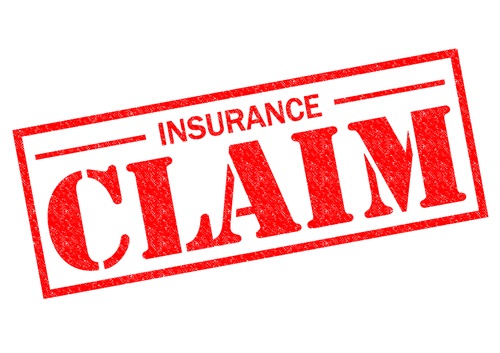Paying for car insurance is one of the biggest issues for Irish motorists. It’s long been the case — a combination of a poor road safety record, and a small population amid which to spread the risk, means that high insurance costs have long been a bugbear for anyone trying to run a car in Ireland. Research shows that 64 per cent of Irish drivers have said that insurance is their biggest car-cost concern.
While car insurance is certainly expensive in Ireland — and generally significantly more expensive than it is for most of our European neighbours — there are some handy tips which can help you save money on your car insurance.
1. Shop around

We know — this is the oldest car insurance advice in the book, but there’s a reason for that. It’s true. Never forget that car insurance providers, sneaky people that they are, will often inflate your renewal quote. Why? Simply because, on average, a certain percentage of people will just tick the renewal box and not question the amount, which means it’s easy money for the insurance company. Don’t be so foolish. Take some time, ahead of when your renewal is up, to hit the comparison websites and even make some phone calls, so that when your renewal comes through, you’ll know what the real price of your car insurance ought to be. Then you’ll be in a position to either negotiate a better price from your existing insurer, or simply make the switch to a better value quote.
2. Increase your excess
The excess is the amount of money you’ll have to pay, up front, if your car becomes damaged or needs repair. Usually it’s a couple of hundred Euro, but if you increase it a bit, even by €100 or so, that can significantly reduce your premium cost. OK, so it’s kind of taking a bet against you needing to make a claim, but that’s basically what insurance is anyway…
3. Build up your no-claims bonus

If you’re a careful driver, and you’ve not made an insurance claim for several years, then your no-claims bonus can trigger a significant reduction in your premium, maybe as much as 50 per cent. Many policies will, for an extra cost, allow you to protect your no-claims bonus, so that a small claim or a no-fault claim on your part will not affect it.
4. Keep your mileage down
If you’re a low-mileage driver, and many of us are, then it’s worth asking your insurer if limiting the mileage on your cover to an agreed amount will result in a lower premium. Just be careful you stick to your agreed limit, as covering any distance over and above the limit might leave you uninsured.
5. Keep your penalty points down
Death, taxes, and penalty points — they’re probably inevitable for all of us at some point, but keeping your licence as clean as possible will definitely help with your insurance costs. Most insurers won’t be bothered by one or two points, but more than that will almost certainly push your premiums up.
6. Pay up front
It’s tempting to avail of ‘pay monthly’ options offered by most insurers, as the cash amount at least seems smaller. However, you’ll usually end up paying more over the course of a year than you will you paid in a lump sum, up front. Make sure you have your calculator out, and keep an eye on how much a monthly payment scheme will actually cost you.
7. Get hold of a broker

While it’s tempting to assume that all insurance can simply be done online these days, the fact is that independent insurance brokers are often a useful source of better deals. That’s especially the case if you have an unusual or specialist vehicle. Have a scout around locally for good brokers, and ask friends and family for recommendations.
8. Get a lower risk car
This is obviously only useful advice if you’re changing your car anyway, as the cost of changing would vastly out-run the cost of insurance, but if you are in the market for new wheels, it’s well worth having a chat with your insurer or broker beforehand to see if picking a particular model or version would get you a cheaper premium.
9. Add a named driver
This seems counter-intuitive, but actually it can work. Adding a second driver to your policy — say, your spouse or life partner, as long as they have a clean licence and a good driving record — can actually bring your costs down, as the insurer will have two drivers across whom they can spread the cost for the one car.
10. Get your car valued

This doesn’t mean that you have to get an expert to call out to check your car over, but do be aware of how much your car is currently worth. The value of the vehicle can be a significant driver of insurance costs, especially as the insurer will be keeping an eye on write-off or replacement costs. Checking to see what your car is actually worth — by scouring the classified ads — and insuring it for that amount can help to bring down your premium.